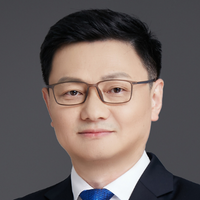Conducting Layer Deposits: A New Corrosion Concern for Hybrid and Electric Vehicles
The development of hybrid and electric vehicles creates the need for a new generation of lubricants and corresponding new lubricant performance tests. Copper corrosion is the prominent concern for hybrid and electric vehicles and is routinely assessed using a strip test, such as ASTM D130. This is either characterized as metal disillusion or a surface tarnish where a corrosion product remains on the surface and is characterized by a qualitative surface rating. This deficiency does not provide insight into the nature of the corrosion deposit. In an electric drive unit, there are multiple sources of electric potential present which can significantly alter the formation of a corrosion deposit which is not assessed in ASTM D130.
The formation of a conductive corrosion deposit can result in catastrophic failure of the electric drive unit, either through direct shorting of the motor winding or failure of the power electronics. In order to understand this failure mechanism, an R&D test method has been developed to assess the formation of conducting layer deposits in solution and vapor phases.
This presentation demonstrates the need for an understanding of conducting layer deposits and presents a new test method. Corrosion test results for lubricants designed for use in hybrid and electric vehicles from this new test method are compared with other industry performance tests.



